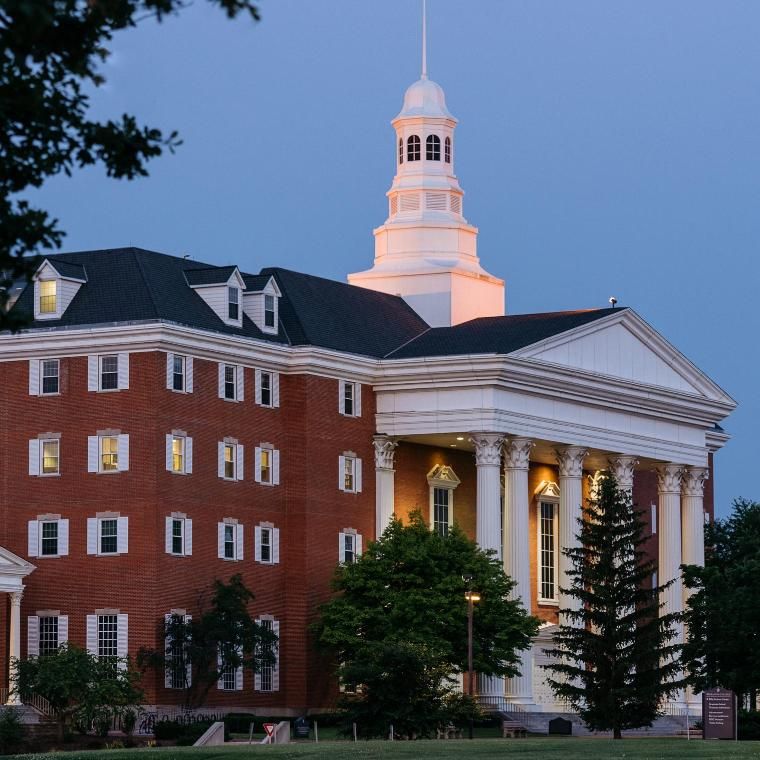Ph.D. in Biblical & Theological Studies Curriculum
Curriculum
This is an example. Please note that the most current and official curriculum information is found in our Course Catalog. The Wheaton Ph.D. requires that its students take a holistic approach to biblical-theological studies.
While students will write dissertations that focus on one of the traditional areas of academic competence—Old Testament, New Testament, Systematic Theology, or Historical Theology—the entire program will require integration with the other specialties. In order to facilitate this integration, students in the Wheaton Ph.D. program will write dissertations that are distinctly theological in nature.
The length and specific components of the program will vary from student to student. All students will be required to take a minimum of forty hours of doctoral-level courses and may be asked to take as many as sixty.
Ph.D. in Biblical & Theological Studies
Introduction to Doctoral Research: 0 hours
- BITH 751. Orientation to doctoral research in theology and to Wheaton's Ph.D. program in Biblical and Theological Studies. (0)
Two common seminars: 6 hours
- BITH 881. Biblical Interpretation and Theology (4)
- BITH 884. Biblical/Theological Integration (2)
Three doctoral seminars: 12 hours
- BITH 882. Topics in Biblical Studies (4)
- BITH 882. Topics in Biblical Studies (4)
- BITH 883. Topics in Historical & Systematic Theology (4)
OR
- BITH 883. Topics in Historical & Systematic Theology (4)
- BITH 883. Topics in Historical & Systematic Theology (4)
- BITH 882. Topics in Biblical Studies (4)
At least one Guided Research course: 2+ hours
- BITH 795. Guided Research (supervised independent study) (2-4)
Directed Study in conjunction with a masters BITH class: 0+ hours
- BITH 793. Masters level Biblical and Theological Studies Course (2-4)
Directed Study in conjunction with a liberal arts class: 0+ hours
- BITH 794. Undergraduate Liberal Arts Course (2-4)
Supervised Pedagogical Experience: 2 hours
- BITH 798. Students participate with a faculty member in teaching a course.
Dissertation
The dissertation at Wheaton should be theological in orientation, integrated in scope, and be a substantial contribution to research in the field of study, demonstrating originality, creativity, breadth of research, and careful argumentation. Recent Ph.D. alumni have published their dissertations with Brill, Walter de Gruyter, Peeters, T&T Clark, Eisenbrauns, and Wipf & Stock.
Research Languages
Prior German study is encouraged, but not required. Students will normally be placed in German for Reading during the Fall semester of their first year of study. Students who have taken at least one full year of college-level German or an equivalent German for Reading course may request to test out of this requirement and must notify their supervisor by May 1 of the spring before matriculation. Proficiency in an appropriate second research language will be tested before a student's second year in the program.
Residency Requirement
Students will be in residence for three academic years and will be expected to maintain full-time status.
